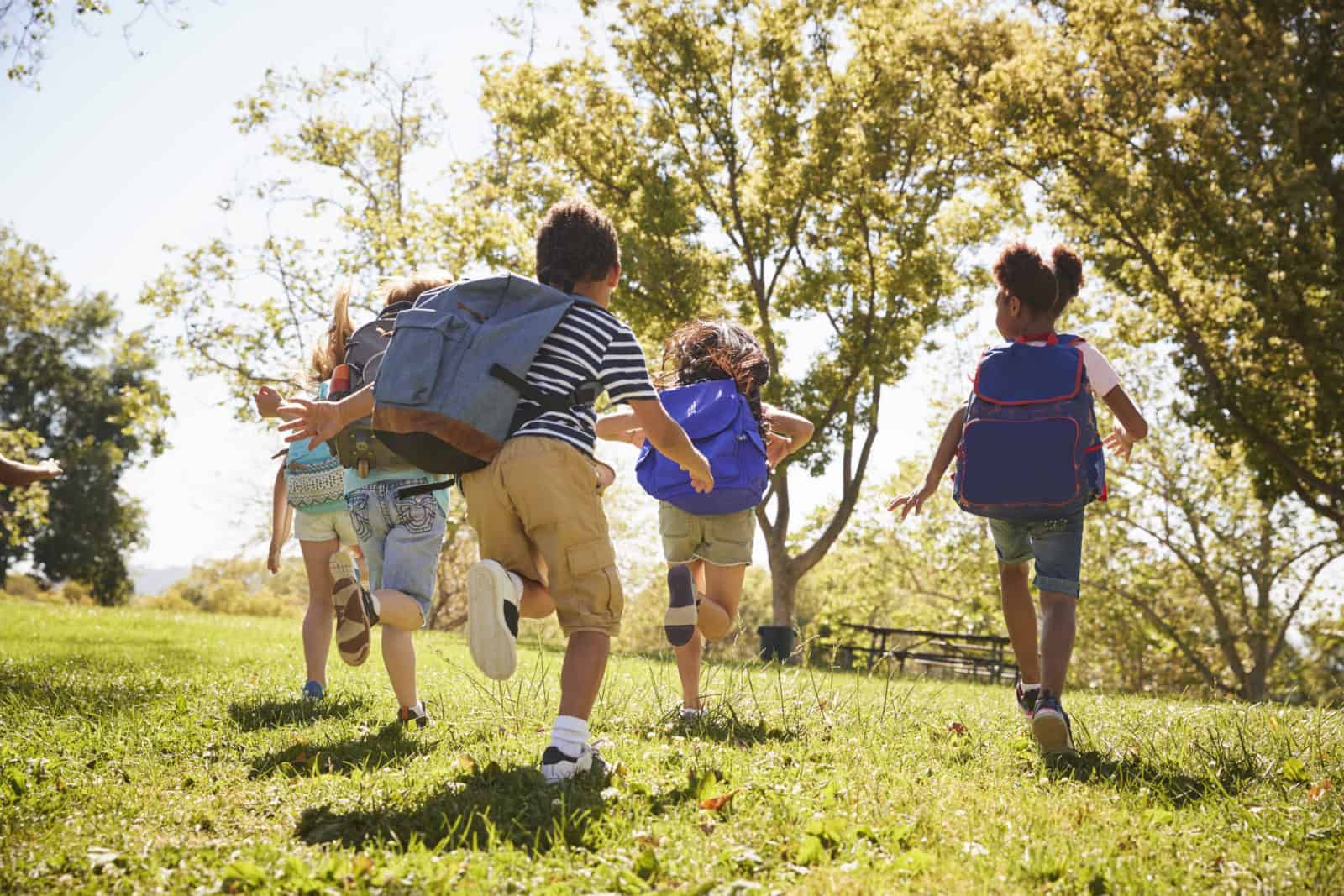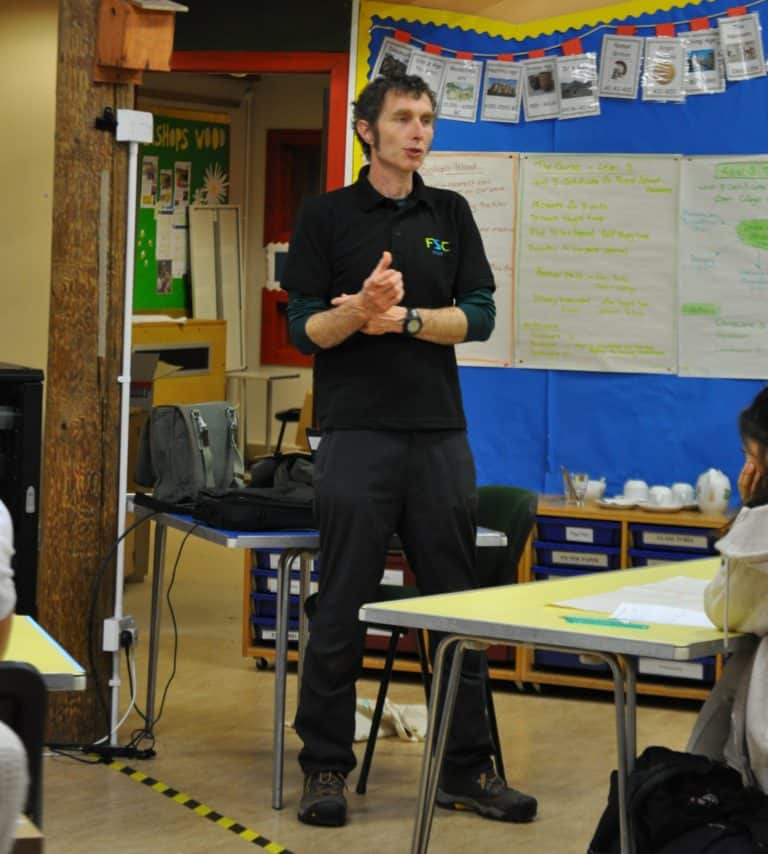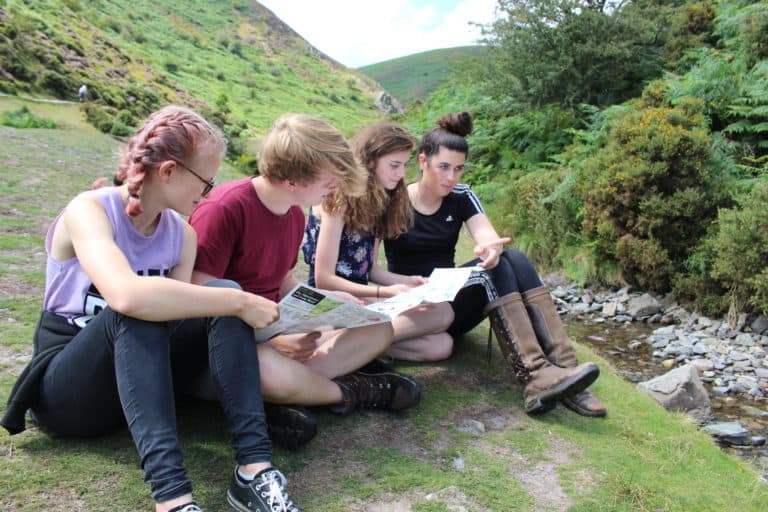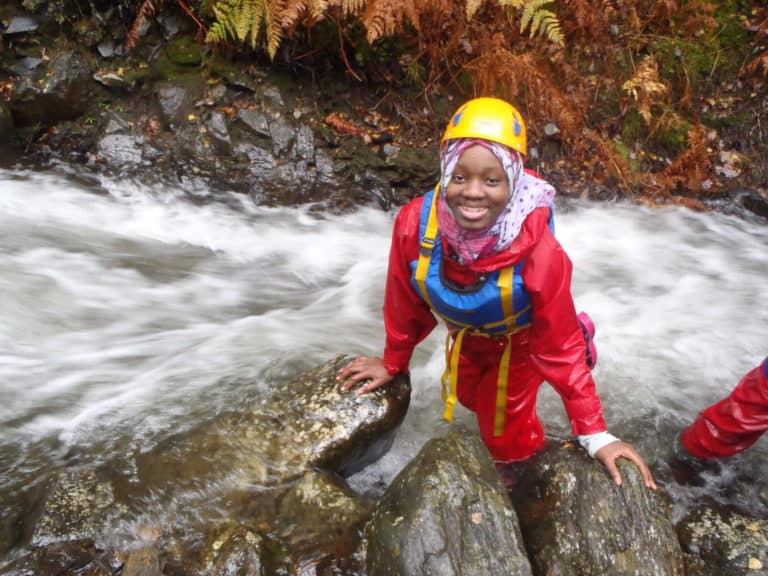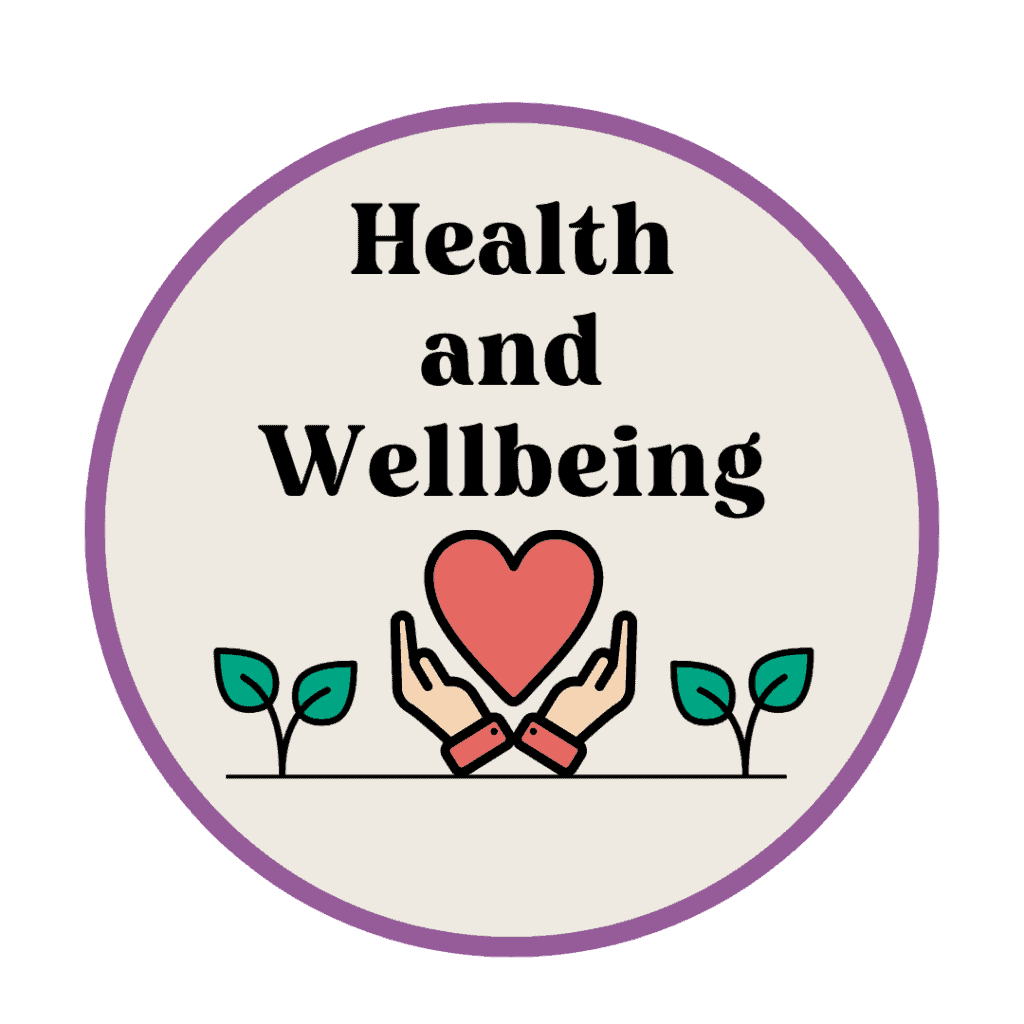
As part of our continual development of our products for schools and colleges we have integrated activities to promote staff and student wellbeing into our pre and post course resources and during your visits with us.
This is based on and backed by research including some carried out at our Slapton Ley Field Centre by Rachel Manning, whose current work can be found here.
The Council for Learning Outside the Classroom have also published this briefing note (2023) on the range of benefits learning in nature can bring, with links to lots of relevant research.
Just being in nature and studying nature does not necessarily lead to connections, research suggests sensory engagement activities are a more effective way of connecting to nature.
A key aspect of mindfulness is being in the present and engaging with the present, not trying to get to the next activity. This key element of mindfulness is forming the ethos of our development within courses. The importance of connecting to nature isn’t just good for our wellbeing but also improves nature too, as shown by this research, another key driver of our work as an organisation.
Ways to support your wellbeing with Field Studies Council.
Connecting to nature supports your mental wellbeing, physical health and helps you understand and stand up for nature more through sustainable actions.
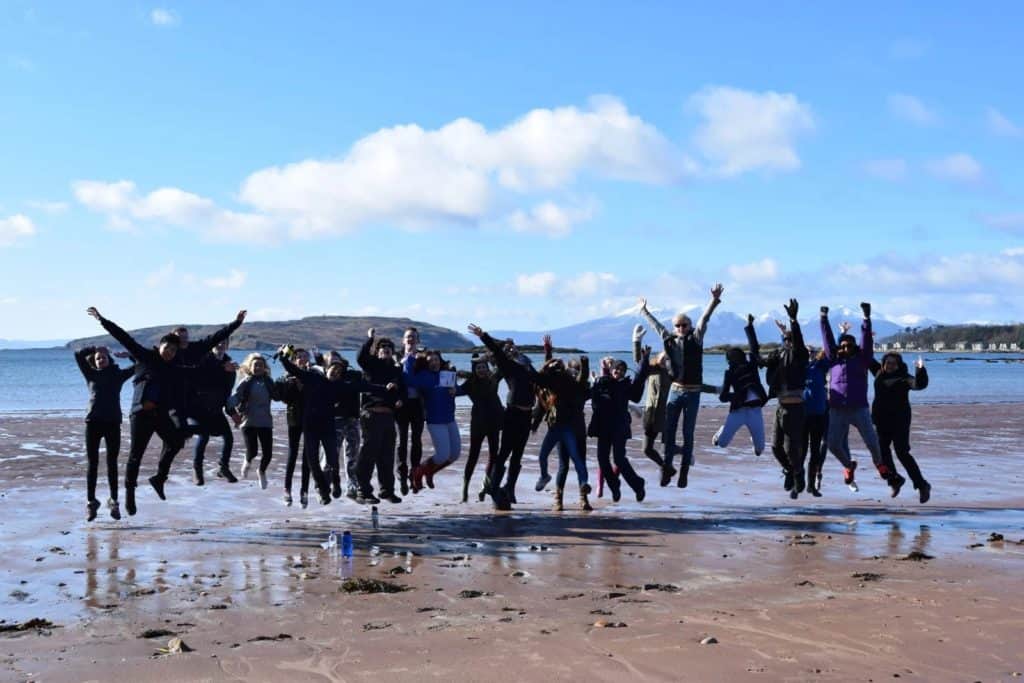
Speak up!
No one can help you if you don’t speak up, this goes for support in your studies as well as with your wellbeing. Sharing concerns or questions with a friend or a member of staff is the best way to start to find a solution.
- Reducing potential anxiety triggers for visitors through clear communication.
- Add activities to increase focus, encourage reflection and support wellbeing.
- Increase opportunities for connection with nature.
- Support our visitors to reflect on experiences.
- Expand our course profiles to include more wellbeing.
Curriculum
Health and Wellbeing is one of the key foundations of the Welsh Curriculum and we can support development in this area through our courses at all levels. As well as providing opportunities to be active our courses also enable learners to: Reflect on activities and experiences, in terms of learning content and about themselves or their emotions, enable learners to consider the impacts different decisions may have for themselves and others, improve communication skills, and promote respect for other people and nature.
These skills development opportunities can support learners to develop as an individual as well as developing academically.
For those delivering the English Curriculum these aspects support parts of the RSE curriculum for Primary and Secondary schools as set out in this guidance.
Activities you can try.
Here are 5 small activities you can try (as an individual or with your class) to improve your wellbeing.
- 5,4,3,2,1 Grounding
There are many different grounding techniques you can try. This exercise demonstrated by one of our tutors is simple and can be applied to a variety of environments.
- Wellbeing Bingo
Wellbeing Bingo – Colour in the square once you’ve completed the action
| Find something that feels soft | Take a deep breath – in for 2. Hold for 2, out for 2. (Repeat) | Look up! What can you spot in the sky today? |
| Find something that’s moving and watch it for a minute. How does it move? Where did it go? Why do you think it was going there? | Cup your hands around your ears and listen. How does the sound change when your hands are open at the front to open at the back? | We often say nature and people need to be in balance. Can you balance on your right foot? What about your left? |
| Imagine you had a camera, find your perfect photo spot and try and capture the image in your mind. | Share your favourite activity with someone else, and do it together. | In 2 minutes how many different colours or textures can you find? |
- Journaling
There are many different ways of journaling and techniques, printed books and resources available. There are two key aspects that are important:
1. Writing (or typing) things out of our heads gives us more capacity for thinking as we are not trying to remember lots of different things.
2. Being able to reflect on our own behaviours and actions, and those of others allows us to learn and develop.
Also if you can, choose to, write with pen on paper rather than type, as there is apparently a connection in the brain that assists us with learning that doesn’t happen when we type on a computer or phone (Ose Askvik et al., 2020).
- Square Breathing
By focussing on your breathing you enable your mind to stop trying to multitask, this is a really useful exercise as it can be done anywhere and at any time (although we feel outside in nature gives it a little extra calm). Breathing exercises also influence your brain chemistry and can help with physical health such as high blood pressure.

